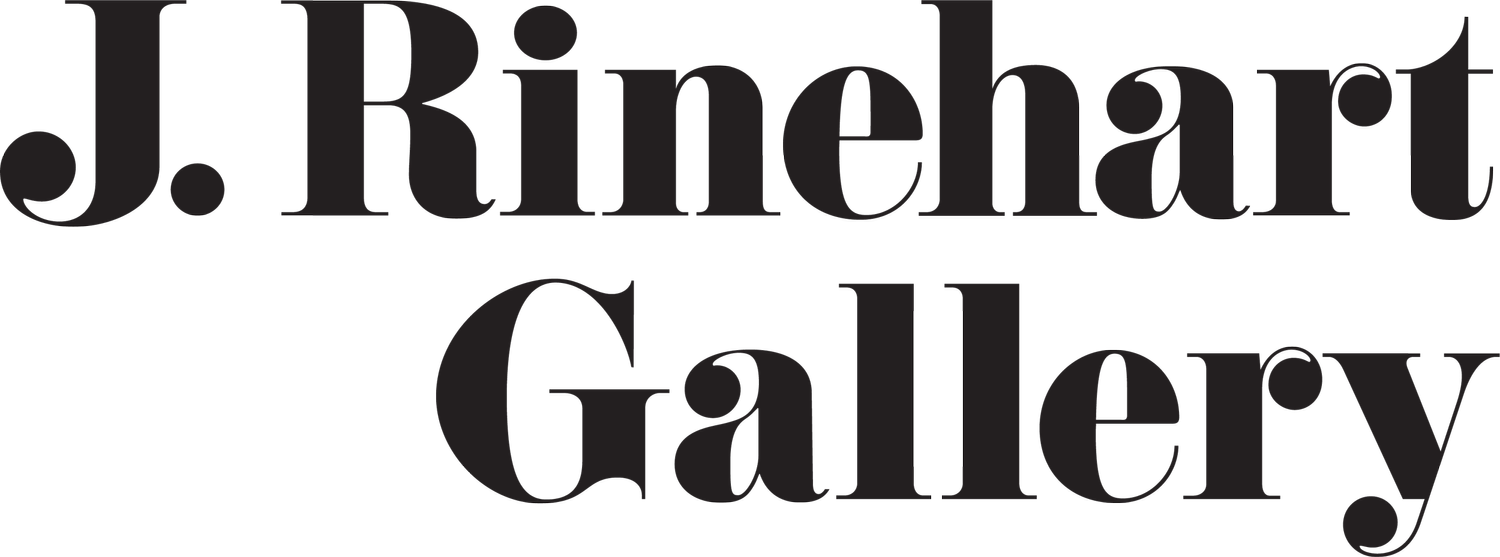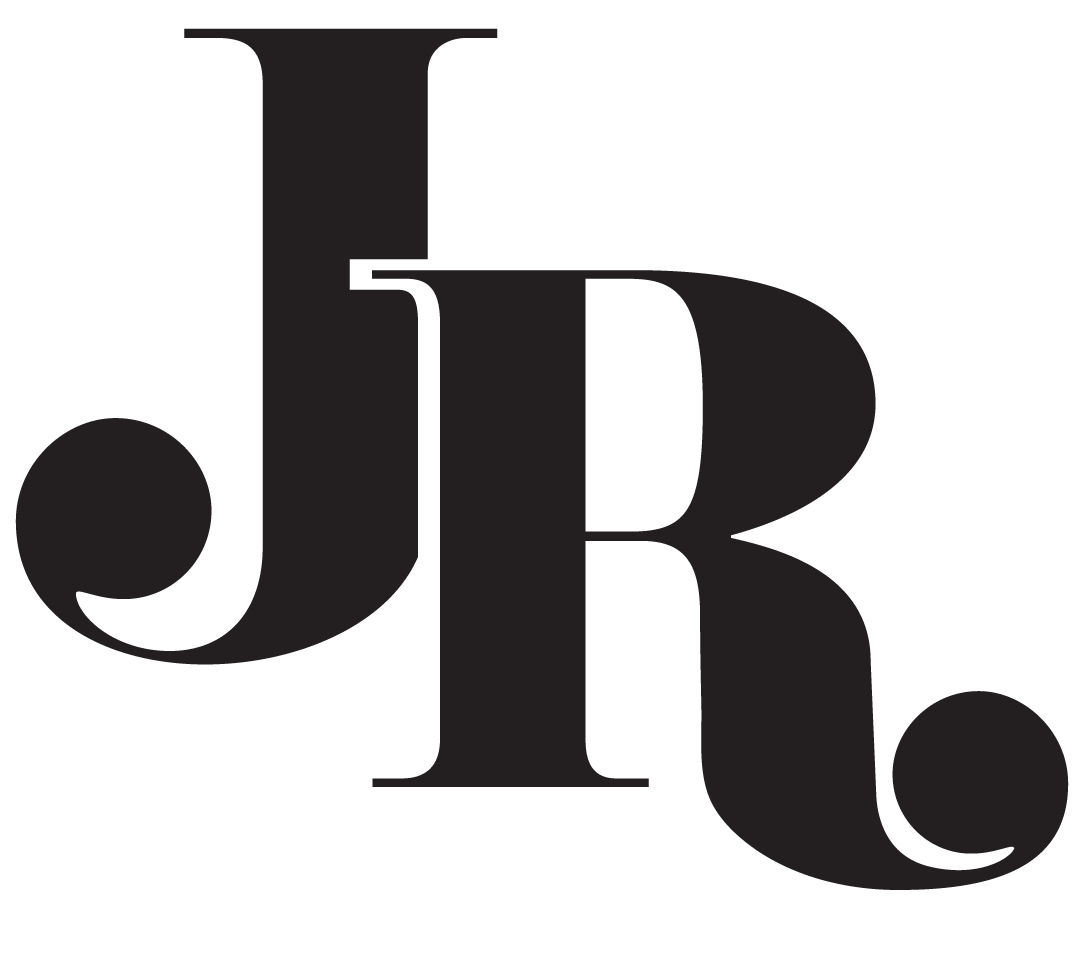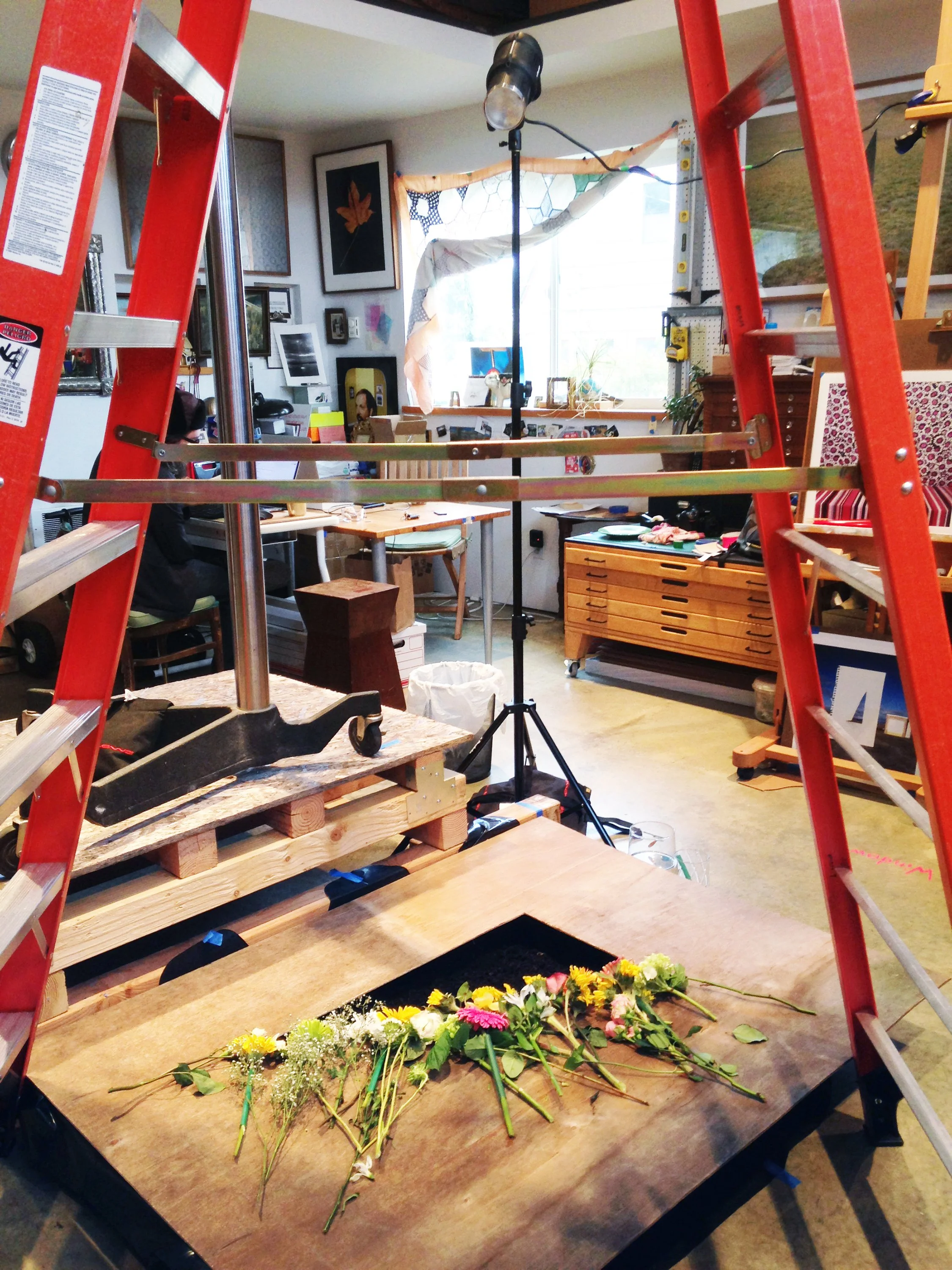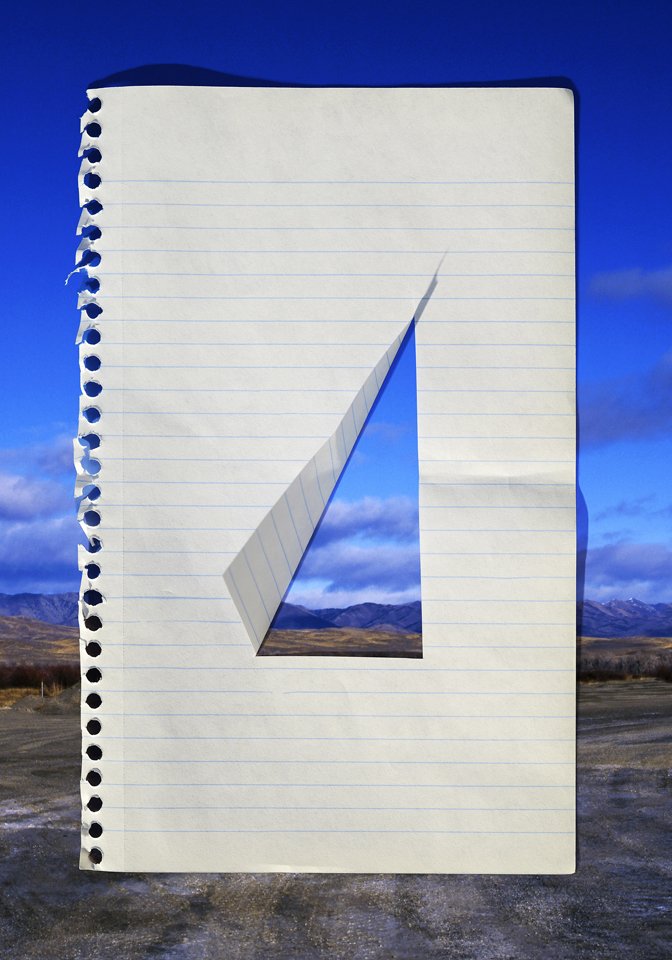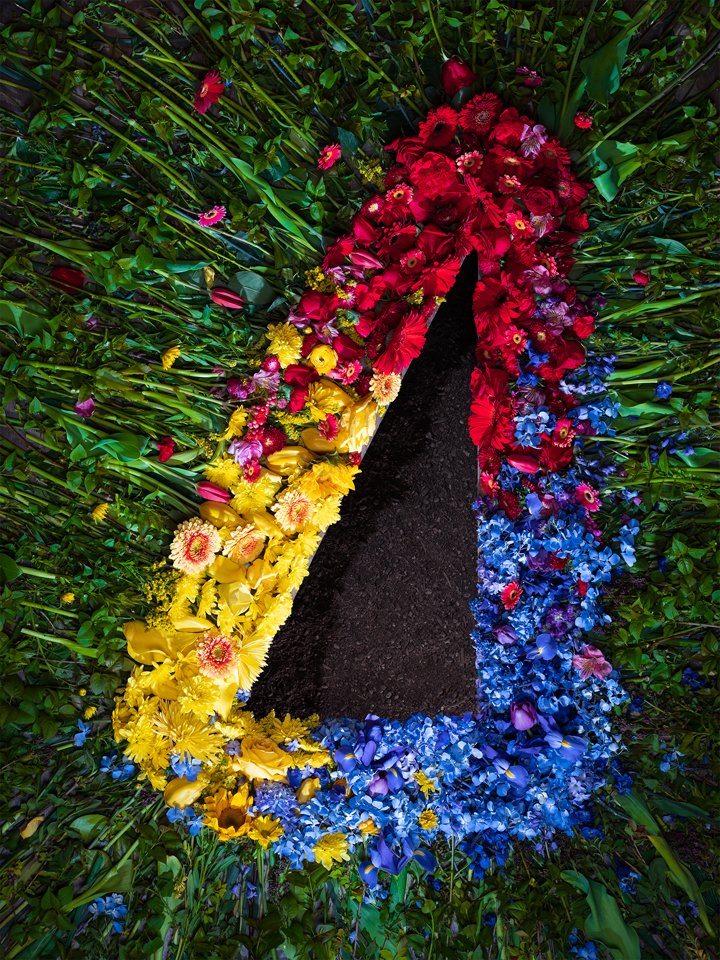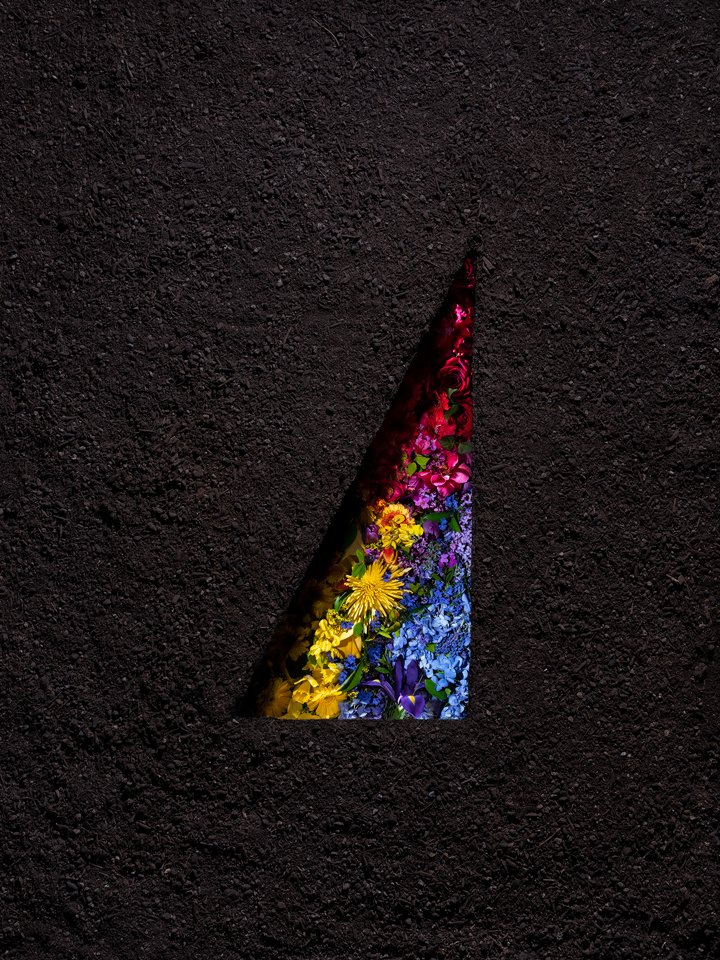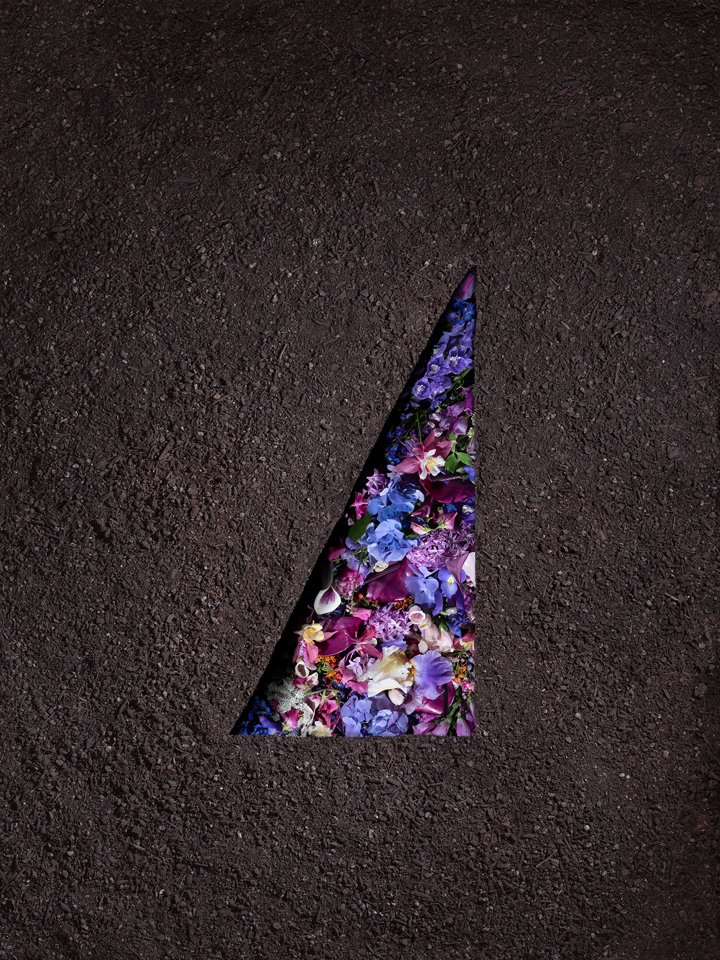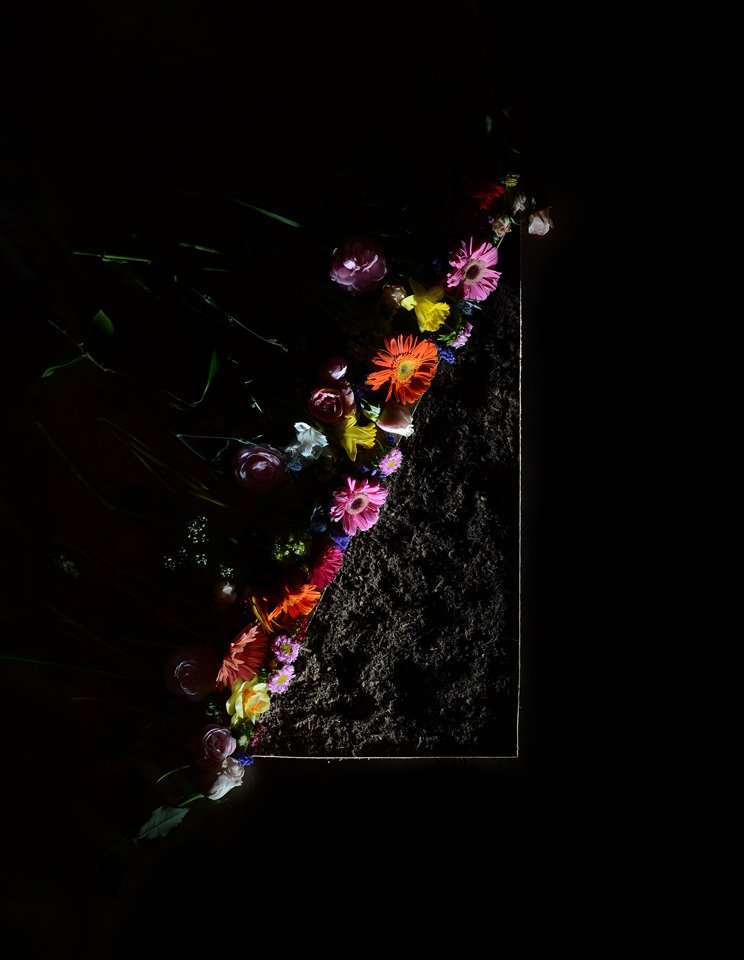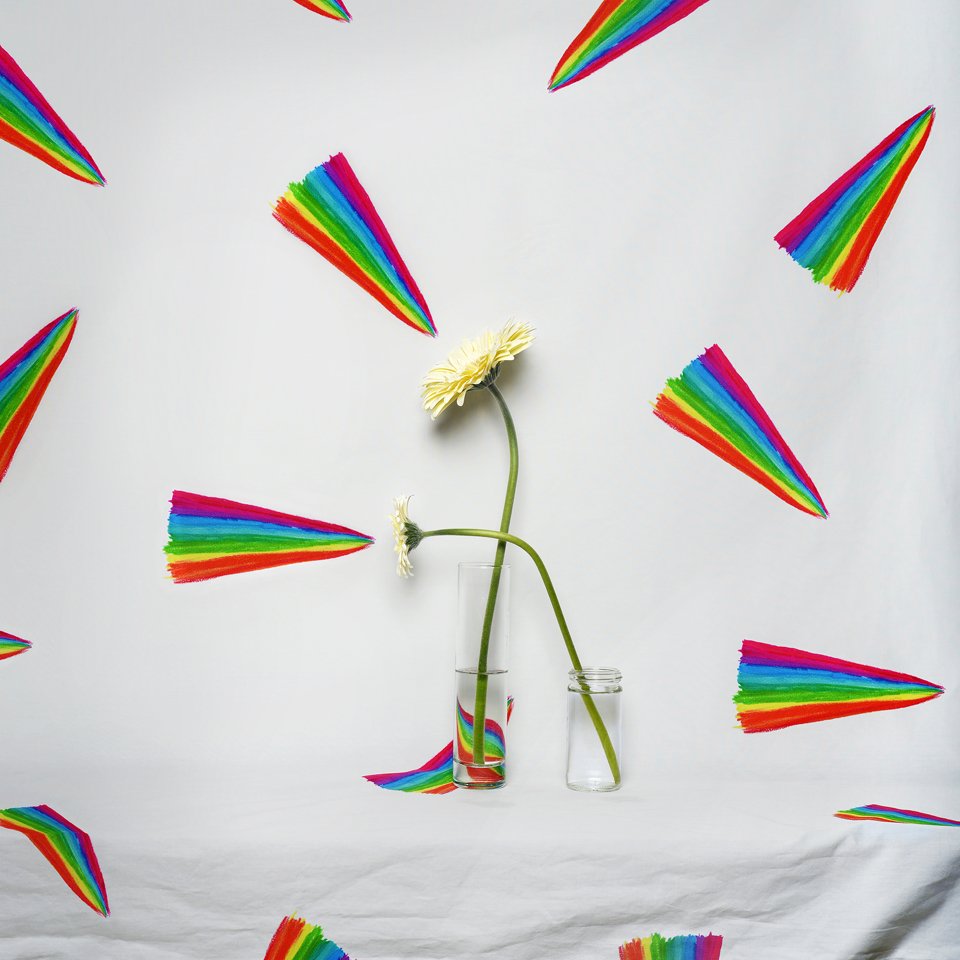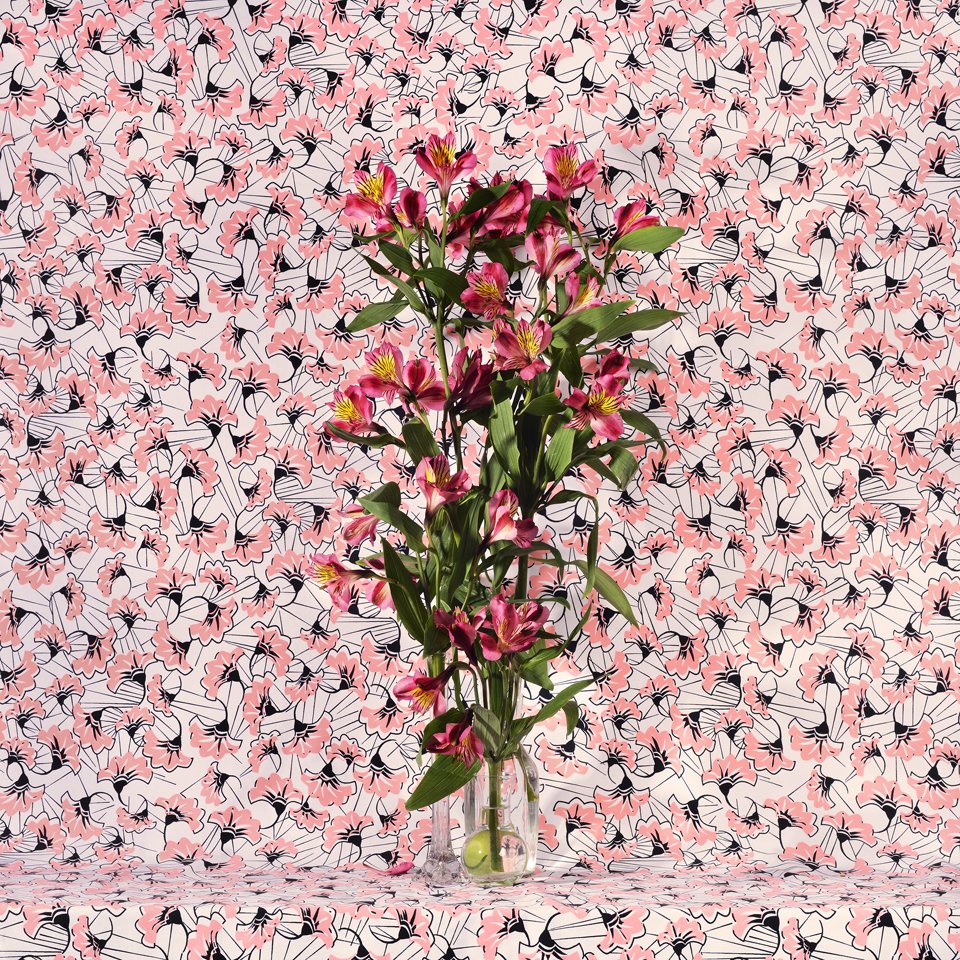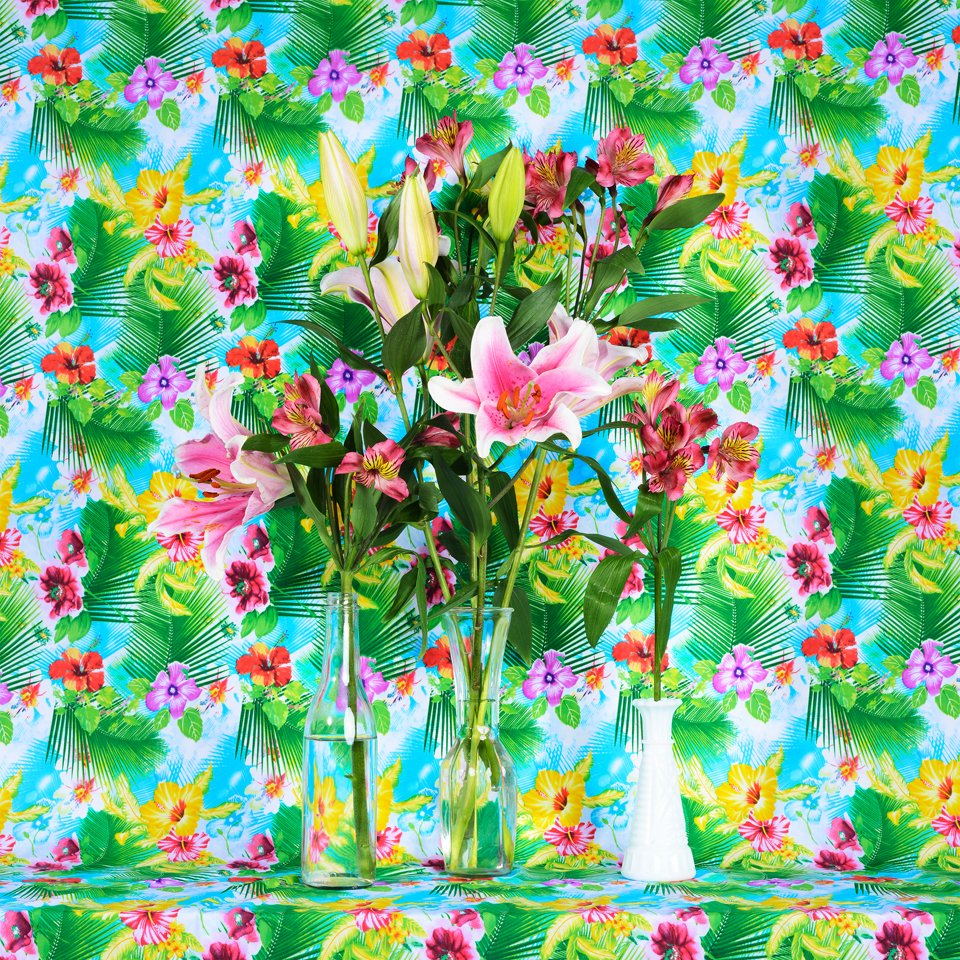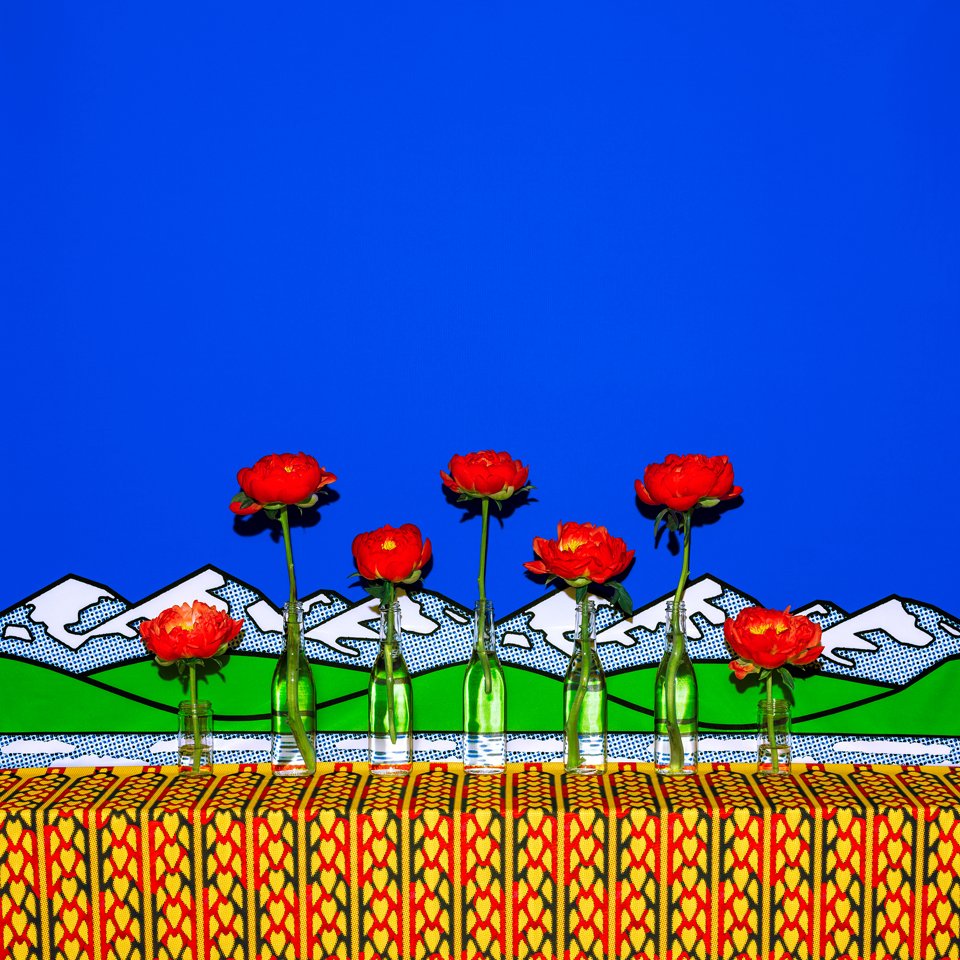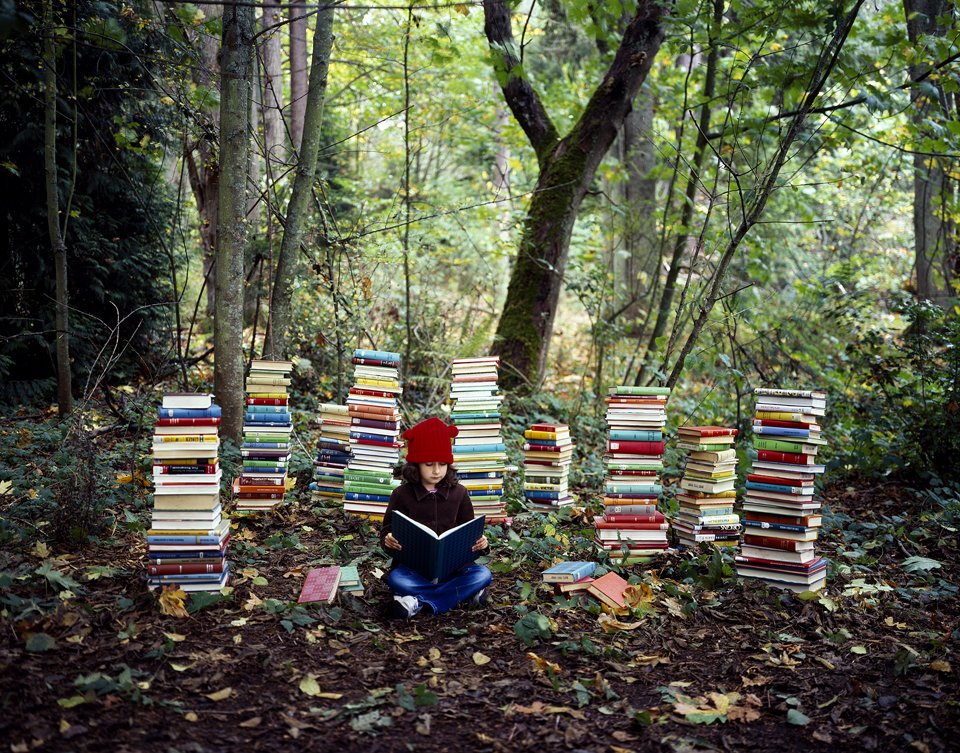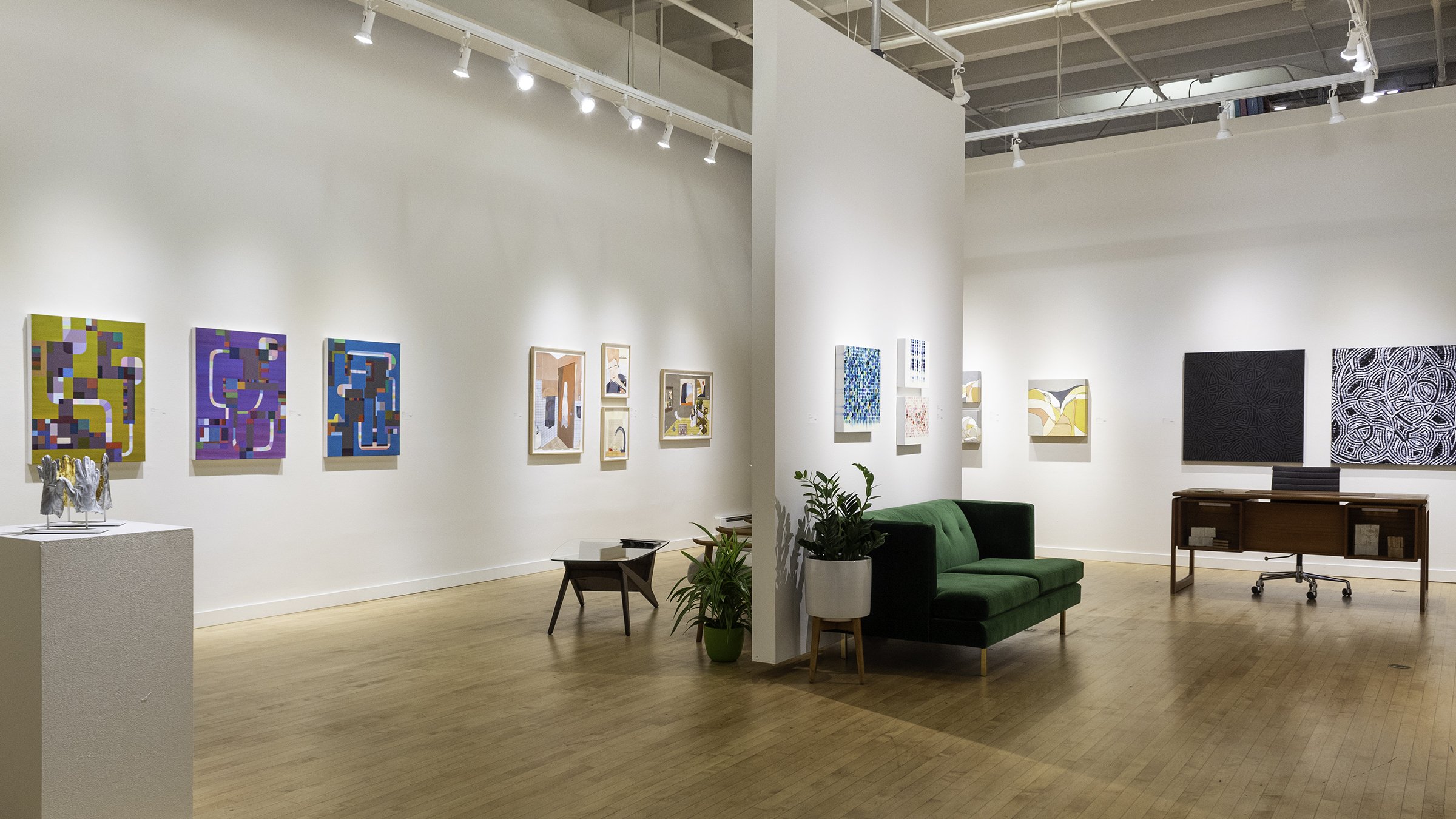JENNIFER ZWICK
-
Jennifer Zwick creates artwork which deliberately requires the viewer to reorient themselves, using optics, one-point-perspective, in-camera techniques, site-specific construction, and sculptural installation. She approaches photography sculpturally, building things which are meant to be seen only from the specific vantage point of the camera, depicting nonlinear narratives depicting the fraction of a second where something fundamentally concrete is shifted just enough to turn an ordinary moment into something gently surreal. She says: “By presenting ordinary items and spaces in ways that open a tiny crack in the object permanence around us, we can explore our strong definitions of reality and unreality, exposing where these can break down, where the lines can be blurred, giving an opportunity to question how much of the world we really need to accept, and how much we can prod until it gives way. I firmly believe that by making art which looks fantastical but is constructed rudimentarily, "in real life", an opportunity is created for the viewer to think about what we will accept as real; about how much our brains miss when we move through the world; about what we take for granted and how much power we truly have to reshape our reality.”
Trained in photography, Jennifer Zwick works in a variety of media, including large-scale installations, wearable sculptures, painting, interactive video installation, printmaking, and photographic processes. She is particularly interested in optics, symmetry, humor, one-point-perspective, anxiety, repetition, repetition, and repetition. Her artwork is included in Seattle’s King County Permanent Arts Collection, was featured three times on the cover of The Stranger, was a 2018 Artist Trust Arts Innovator Award Finalist, and she has received numerous grants and awards, including two 4Culture Arts Special Projects Grants, two Artist Trust GAP Grants (including the Jini Dellaccio GAP Grant), a CityArts Projects Grant, and an Artist Trust Fellowship.
-
EXERCISE IN FORMAL COMPOSITION
This series, An Exercise in Formal Composition, presents nearly identical compositions in different methods of execution, playing with photography’s in-camera ability to flatten, layer, and replicate. Each iteration is constructed around a different slightly off-balance right triangle (A: 34.992° / B: 55.008° / C: 90°). Unlike circles or rectangles or even equilateral triangles, which can naturally occur or are staples of architecture, this specific triangular shape is easily recognized as being a deliberate artistic intervention in each given situation.
FLOWERS & FABRIC
Almost belligerently colorful, these meticulous studio photographs reference the hyper-flat plane of photography by emphasizing the forced perspective of a shallow three-dimensional space using linear and repetitive patterns. Additionally, a sort of individual personality emerges by pairing each fabric backdrop with a bouquet counterpart.
CONSTRUCTED NARRATIVES
My constructed-narrative photographs are nonlinear short stories. They focus on bizarrely adventurous young girls populating beautiful but uneasy worlds. To create these images, I draw from childhood fantasies and memories, then construct life-sized environments. By pushing these scenarios to an extreme conclusion, the girls become metaphors for our hyper-real childhood selves, where remembered emotions become stronger through time.
I’ve been asked why I go to such lengths - that is, why not simply photoshop an image together? Why travel to the woods to build a bedroom, or build a full split-level set? My reason hinges on how integral the building process becomes. Because these sets are so elaborate, the idea is concretely conceived before any construction begins. But through the building process elements evolve in ways I’d never have planned. Accidental details take on a meaning of their own; new connections between objects can’t help but emerge when standing in an open bedroom in a darkening spring forest.
-
2018 Artist Trust Arts Innovator Award Finalist
City Panorama Artist: artwork selected for two King County bus shelters
2015 4Culture Art Projects award
Washington State Arts Commission Public Art Roster
2014 PUNCH International Juried Exhibition People’s Choice Award
2013 King County 4Culture Portable Arts Collection
2010 Artist Trust Jini Dellaccio GAP Grant
PUNCH International Juried Exhibition People’s Choice Award
2008 Artist Trust Fellowship
2007 Artist Trust GAP Grant
4Culture Arts Special Projects Grant
King County 4Culture Portable Arts Collection
2006 Artist Trust GAP Grant
2005 Merit Award, 7th Annual Art Port Townsend Juried Art Show; juror: Esther Luttikhuizen
AVAILABLE ARTWORK
SPEAKING LOUDLY WITH GENTLE MATERIALS
EXERCISE IN FORMAL COMPOSITION
This series, An Exercise in Formal Composition, presents nearly identical compositions in different methods of execution, playing with photography’s in-camera ability to flatten, layer, and replicate. Each iteration is constructed around a different slightly off-balance right triangle (A: 34.992° / B: 55.008° / C: 90°). Unlike circles or rectangles or even equilateral triangles, which can naturally occur or are staples of architecture, this specific triangular shape is easily recognized as being a deliberate artistic intervention in each given situation.
FLOWERS & FABRIC
Almost belligerently colorful, these meticulous studio photographs reference the hyper-flat plane of photography by emphasizing the forced perspective of a shallow three-dimensional space using linear and repetitive patterns. Additionally, a sort of individual personality emerges by pairing each fabric backdrop with a bouquet counterpart.
CONSTRUCTED NARRATIVES
My constructed-narrative photographs are nonlinear short stories. They focus on bizarrely adventurous young girls populating beautiful but uneasy worlds. To create these images, I draw from childhood fantasies and memories, then construct life-sized environments. By pushing these scenarios to an extreme conclusion, the girls become metaphors for our hyper-real childhood selves, where remembered emotions become stronger through time.
I’ve been asked why I go to such lengths - that is, why not simply photoshop an image together? Why travel to the woods to build a bedroom, or build a full split-level set? My reason hinges on how integral the building process becomes. Because these sets are so elaborate, the idea is concretely conceived before any construction begins. But through the building process elements evolve in ways I’d never have planned. Accidental details take on a meaning of their own; new connections between objects can’t help but emerge when standing in an open bedroom in a darkening spring forest.
